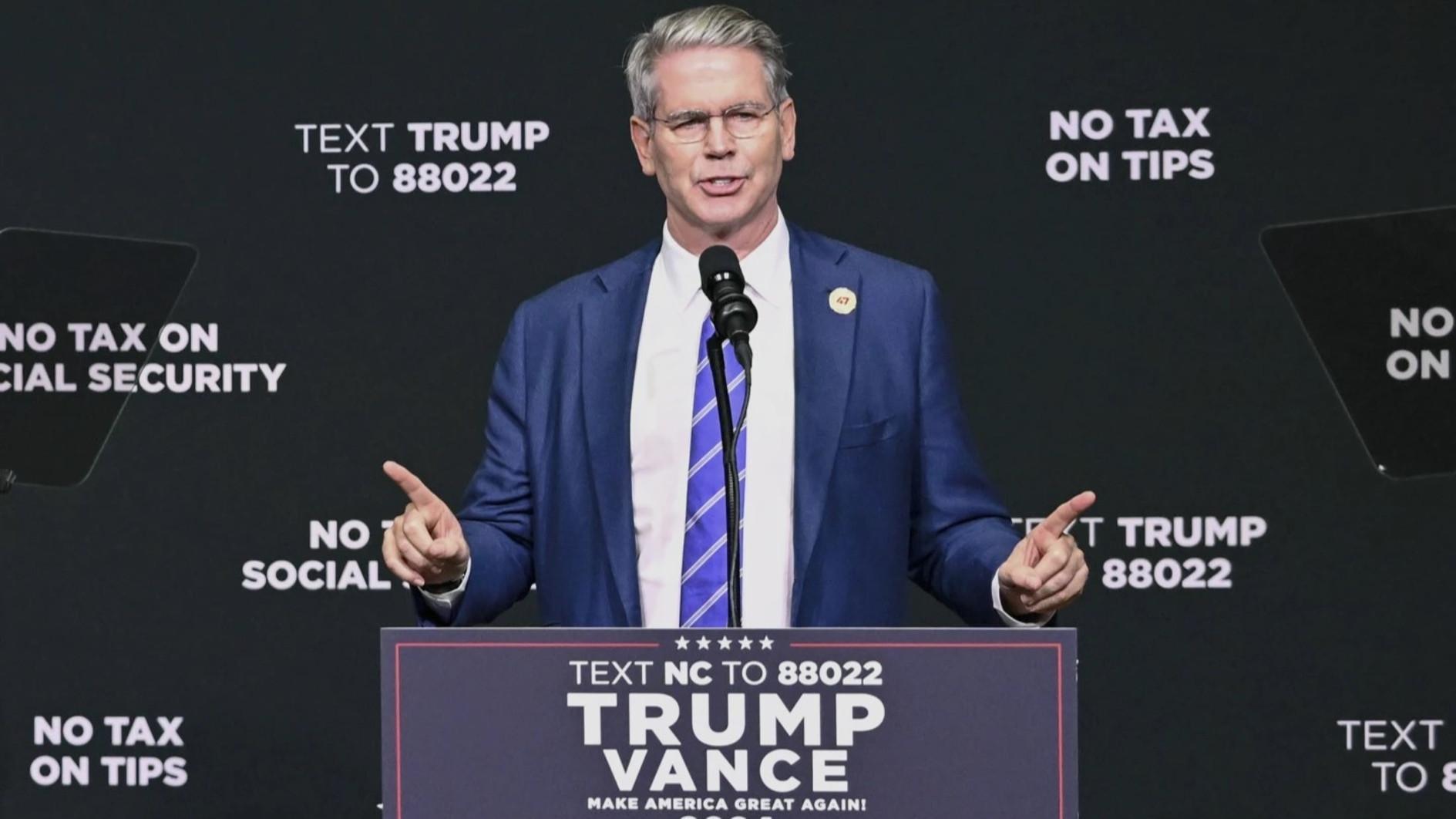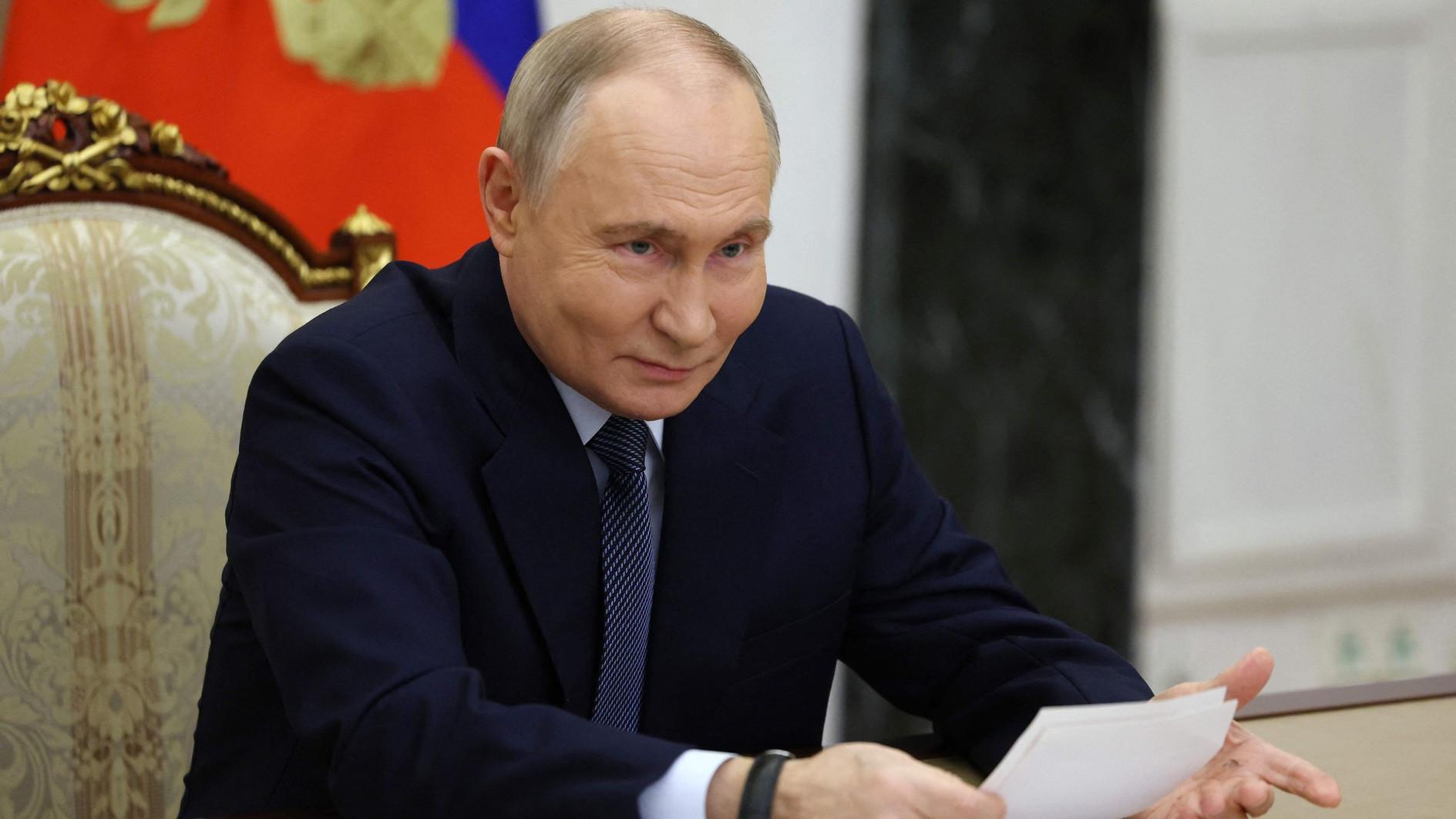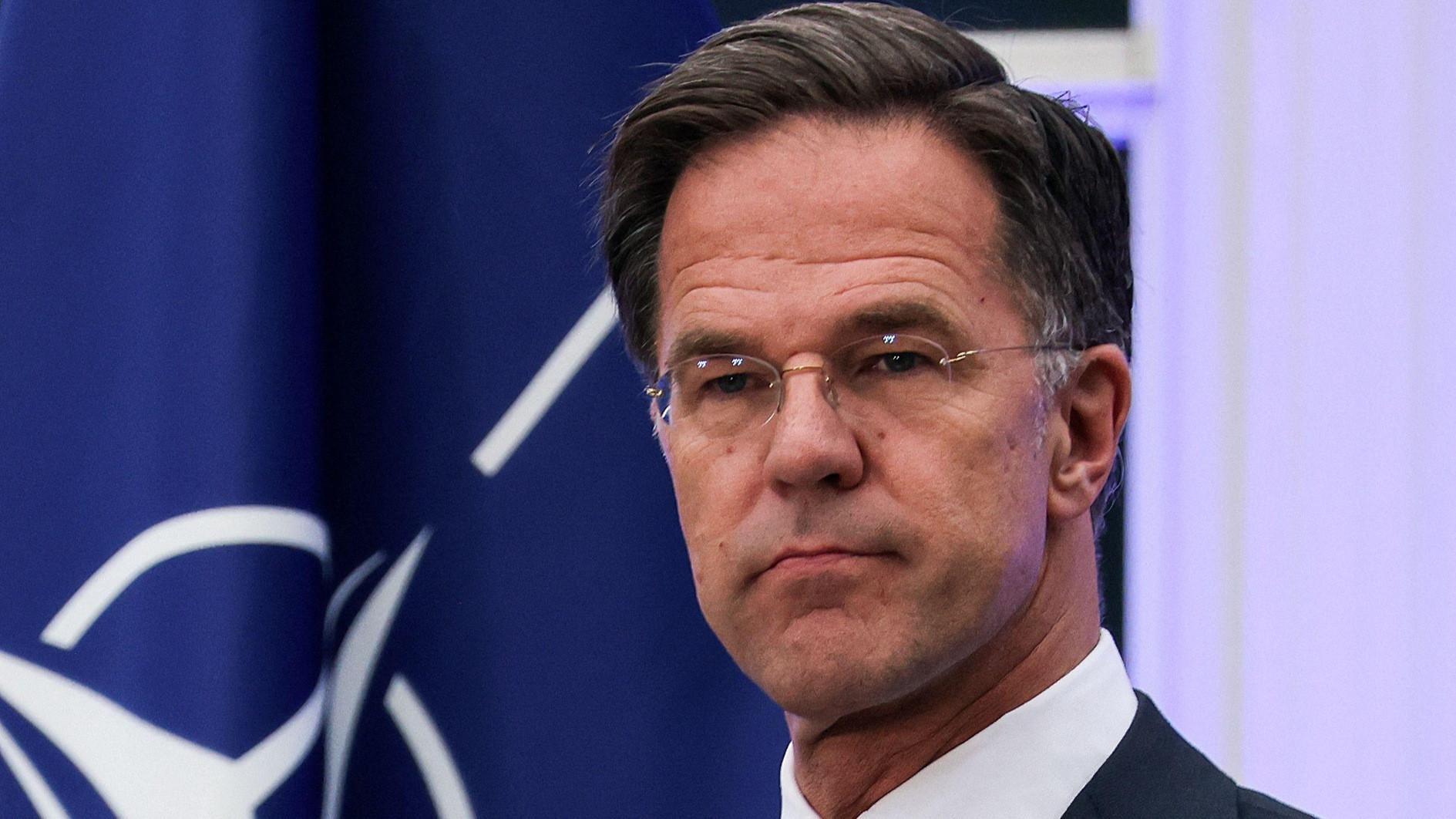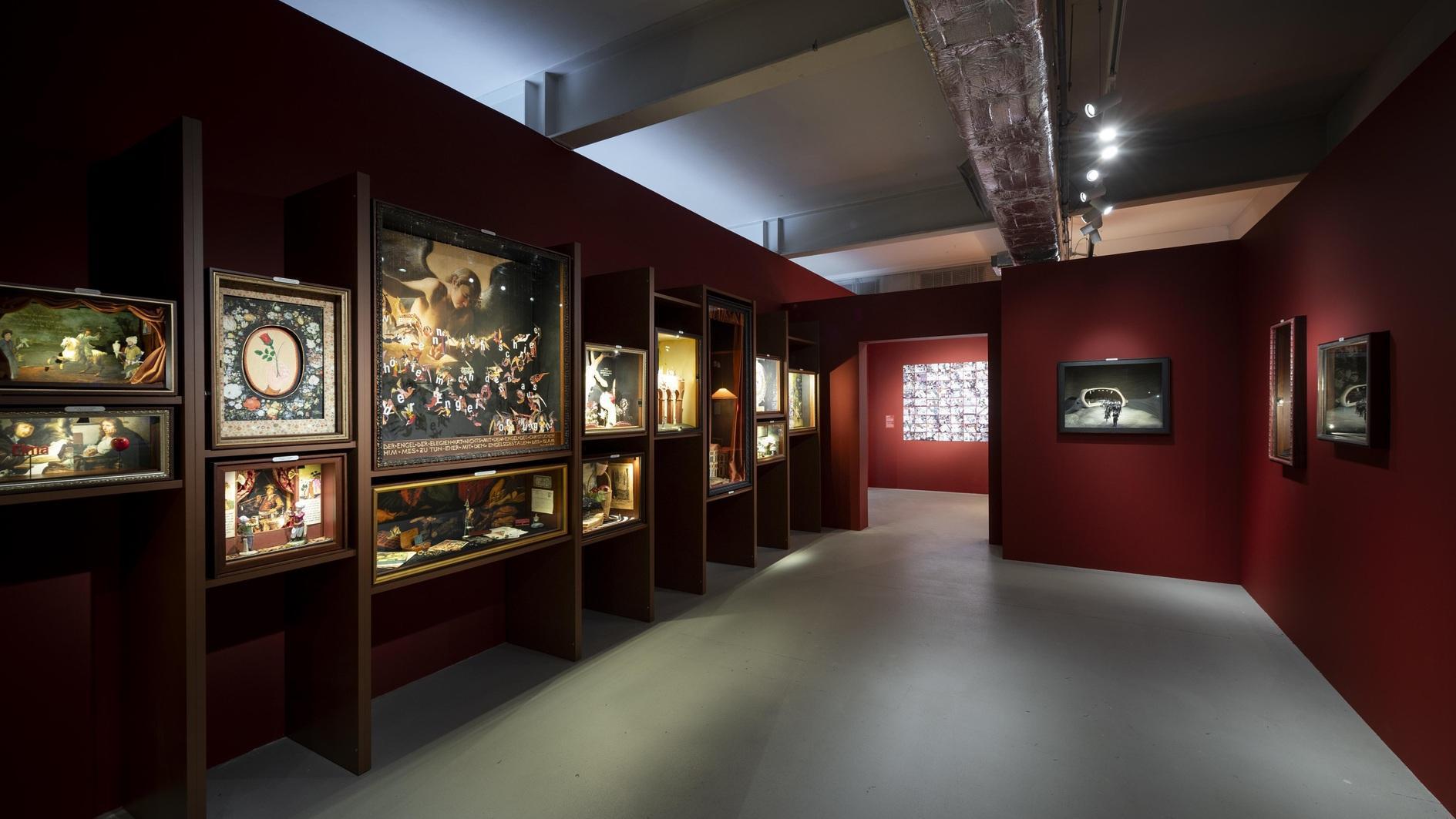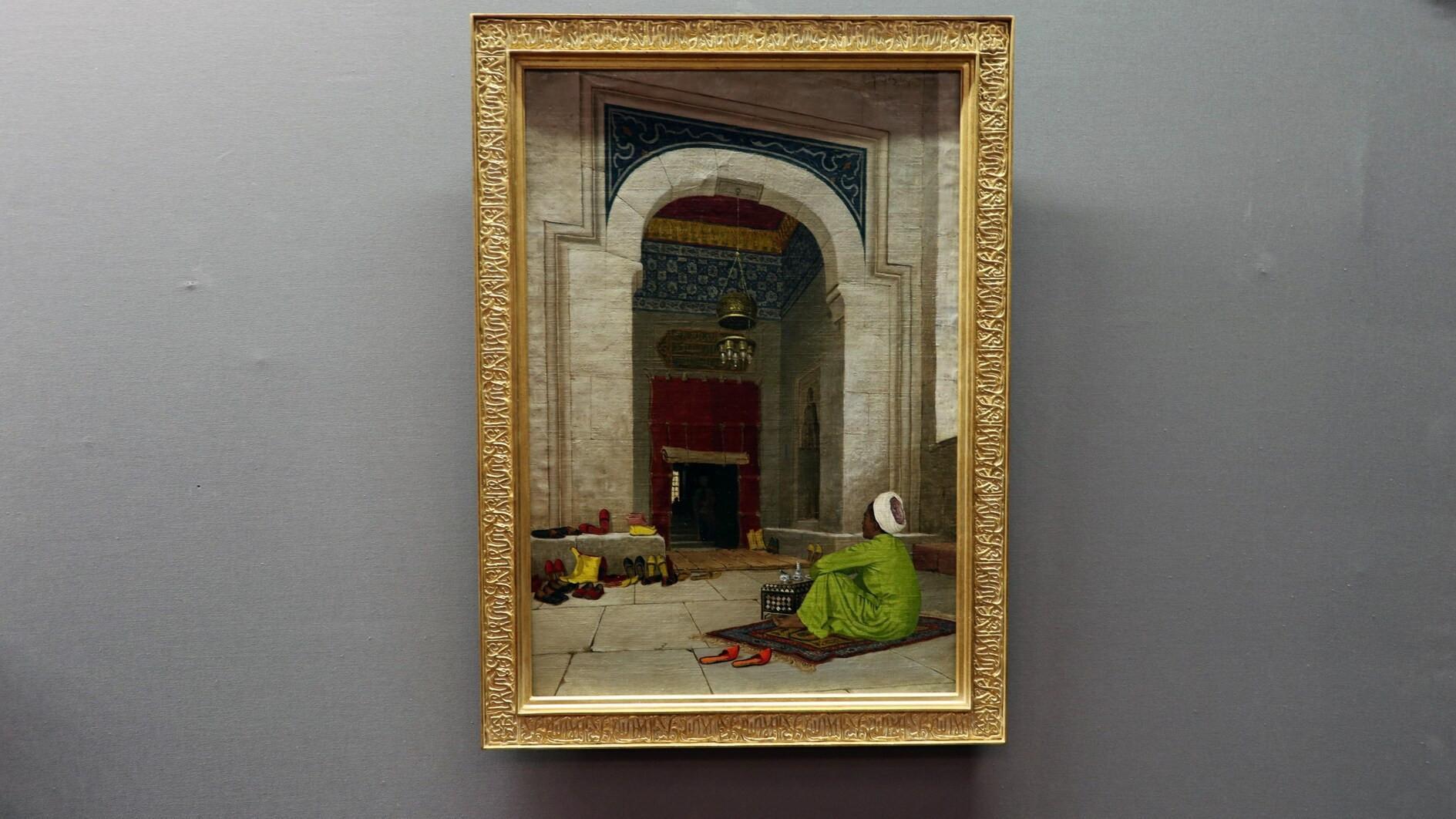Moscow to lift all restrictions on Turkey, Turkish minister says
PARIS – Anadolu Agency
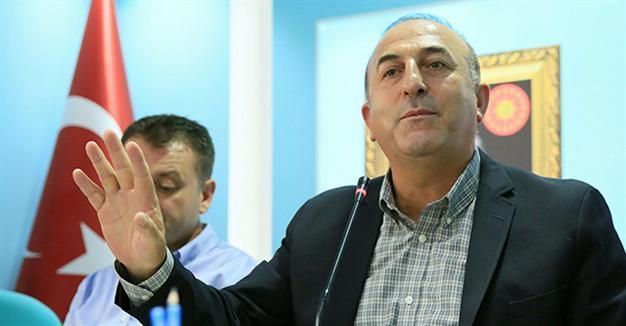 Moscow has said it will lift all restrictions on Turkey imposed in the aftermath of downing of a Russian jet which violated Turkish airspace last November, Turkish Foreign Minister Mevlüt Çavuşoğlu has said.
Moscow has said it will lift all restrictions on Turkey imposed in the aftermath of downing of a Russian jet which violated Turkish airspace last November, Turkish Foreign Minister Mevlüt Çavuşoğlu has said. “Russia told us that they are going to lift all of them. We saw the first results in tourism. Russians have started to come back; they can come [to Turkey] freely without a visa,” Çavuşoğlu said in an interview with French daily Le Monde, published on June 4.
A ministerial-level meeting and senior civil servants would review the progress of the peace overtures, he said.
Following Turkey shooting down a Russian fighter for violating Turkish airspace in November last year, Moscow imposed several restrictions on items ranging from Turkish foods imports to construction firms.
Last week, the two countries restored ties after Turkish President Recep Tayyip Erdoğan and his Russian counterpart Vladimir Putin spoke over the phone.
Russia then decided to lift a ban on tourist flights to Turkey.
Russian Economic Development Minister Alexey Ulyukaev said trade and investment relations between Turkey and Russia would be rebuilt, according to a TASS report.
“Trade and investment relations with Turkey will be restored,” he said in an interview with Gazeta.ru, TASS reported on July 1.
An expert from the Energy Markets and Policies Institute (EPPEN) said improving relations would have the most positive contributions in the energy sector.
“Russia has heavily invested in Turkey’s energy sector,” said the EPPEN’s Volkan Özdemir, as quoted by Anadolu Agency, noting that a possible resolution over gas prices would be significant if both sides could reach an agreement.
In the first four months of the year, Turkey’s exports to Russia dropped to $484.6 million, a 61.5 percent decrease compared to the same period of 2015.
Çavuşoğlu also said Ankara had been in talks with Russia and Iran to discuss the future of Syria.
“Turkey still believes Syrians and the opposition do not want to accept [Syrian President Bashar] al-Assad. Al-Assad used chemical weapons and barrel bombs to kill 500,000 people,” he said.
Syria has been locked in a vicious civil war since early 2011, when the al-Assad regime cracked down on pro-democracy protests - which had erupted as part of the “Arab Spring” uprisings - with unexpected ferocity.


